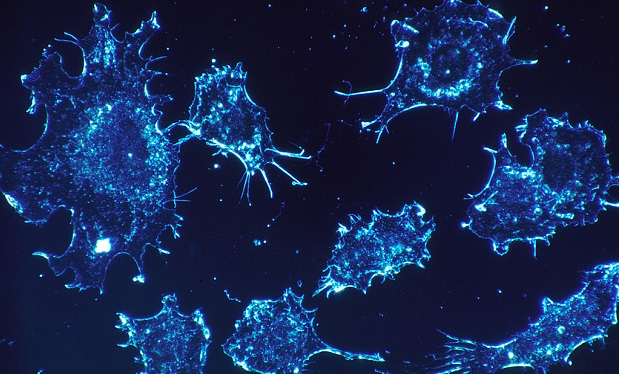Normal cells in various human organs can mutate into those that are cancerous, but they are most often destroyed by the body’s immune system. However, sometimes those cells escape detection or have clever anti-immune capability and thus grow to become a full-blown cancer. One of the most exciting new attempts for a cure for cancer is this: immunotherapy — the use of drugs that stimulate the immune system to destroy those cells and thus cure or ameliorate the cancer that would have become fatal to the patient. Many of these medications are newly approved or may still be in clinical trials. Unfortunately, as with almost any kind of treatment, there can be serious side effects. The most life-threatening problem is that the drugs can cause the body’s immune system to attack not just the tumor but its own organs, thus creating chaos and even death — essentially an autoimmune response. One problem is that these adverse reactions can occur weeks or months after the drugs were administered and are unexpected, adding to the confusion. Because they are so new, their risks have been insufficiently studied; and the complications can come as a surprise to the oncologists who prescribed them and can be quite varied. Even worse, an emergency room physician confronted with unusual symptoms might understandably be at a loss for a cause or treatment, even though one might be available. One study published in The New England Journal of Medicine showed that serious complications occurred in over 50% of the patients treated while another one dealing with a deferent tumor showed a 40% positive response. Nonetheless, many fatalities have been reported.
On the bright side, many more patients have been cured! This anti-tumor approach to cancer is extremely promising and is being intensively investigated. Understanding and managing the risks and learning who might be susceptible to them is also under serious study. While today immunotherapy might be seen as a remarkable last-chance option; as scientists learn more about these so called breakthrough drugs and their risks, the long hoped-for cure for cancer might finally be within reach.
